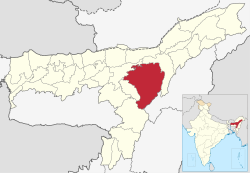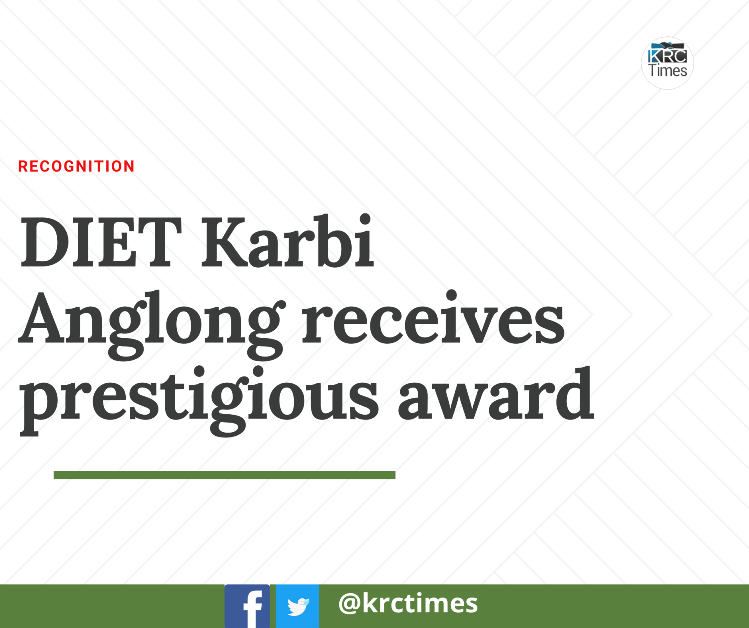In the 1950’s, 1960’s, 1970’s and 1980’s; the polling operations in the Karbi Hills (massif) areas were pretty challenging. The infrastructure was, in those terrains thick leech, snake and mosquito infested, using the old timber dragging traits was the usual process
 Sushanta Roy
Sushanta Roy

It must have been quite a challenging job for the first few elections of the trio of the polling job, the council election, the Assam Assembly election and finally the election for the parliamentary constituency. In October of 1951, the Mikir Hills district formally came into being.
The name changed or politically ‘corrected’ to ‘Karbi-Anglong’ in 1976. The birth of the district preceded the cessation of geographically important areas of earlier Nagaon and Sibsagar districts.
Also, the earlier record shows the Jaintia Hills subdivision of the United Khasi and Jaintia Hills district on the southern boundary of Nagaon district.
This area was also brought into the processes of cessation and incorporation into the Mikir Hills District. This move involves about four to five consecutive government notifications. The preparation of electoral rolls and arrangements of polling stations, and booths must have been very difficult.
In the 1950’s, 1960’s, 1970’s and 1980’s; the polling operations in the Karbi Hills (massif) areas were pretty challenging. The infrastructure was, in those terrains thick leech, snake and mosquito infested, using the old timber dragging traits was the usual process.
The remotest village was beyond a small Karbi plus Kuki settlement beyond Jolien and that was the most remote location for a polling station. And this area was a District Council Reserve Forest named Khonbamon.
To reach this location, a single day’s trek must cover a minimum of 40 kilometres on foot. Many ‘babus; unaccustomed to walking long distances, used to get miserable and pass the period somehow.
It always rained during election times. And the sandy loam soil of the Karbi Hills massif turned slippery and barely any progress could be made through the bamboo thickets and dense under-growths.
Water was available from the Pani Lota and was plenty for drinking in real outback style.
Some were lucky to get elephants as their steed for the march through jungles. Then the times changed with the arrival of the eighteen years of insurgency… The very operation of setting up polling stations in remote areas needed sturdy forest officers of the frontline ranks.
Once, a Range Officer made a daring escape with his load of ballot boxes bare feet. He coasted down the river Kaliani in a wooden or maybe a bamboo raft under constant gunfire. He is no more now, having grown old and dusty.






